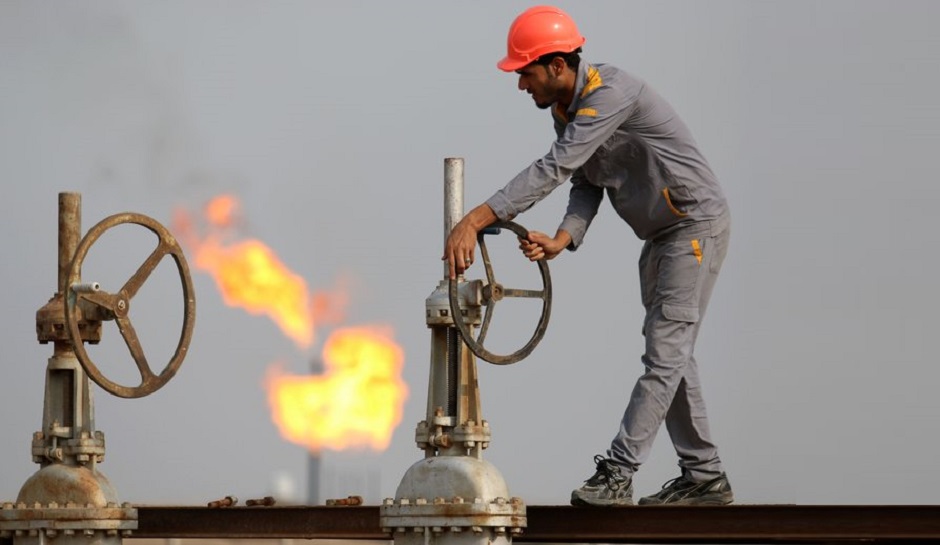There are strong indications that the Organisation of Petroleum Exporting Countries (OPEC) may revisit the issue of including Nigeria in its output cap deal.
This followed Royal Dutch Shell lifting of its force majeure on exports of Bonny Light crude after pipeline repairs which is expected to lead to significant increase in Nigeria’s crude oil production.
OPEC had last year reached a deal that will limit oil production. The output freeze deal was in May this year extended by nine months.
The deal then excluded Nigeria which was still ramping up production. According to the OPEC secretariat, member countries and non-OPEC parties, Azerbaijan, Kingdom of Bahrain, Brunei Darussalam, Kazakhstan, Malaysia, Mexico, Sultanate of Oman, the Russian Federation, Republic of Sudan, and the Republic of South Sudan, had then recognised the need for continuing cooperation among oil exporting countries in order to achieve a lasting stability in the oil market.
Royal Dutch Shell recently said it had lifted force majeure on exports of Bonny Light crude oil after pipeline repairs. Shell had imposed a force majeure on some exports from the Bonny Terminal early June due to a leak found in one of the two pipelines that serve the terminal.
The Trans Niger Pipeline, along with the Nembe Creek Trunk Line, is used by SPDC and some other producing companies to evacuate crude from the eastern Niger Delta to the export terminal.
“With the lifting of the force majeure on Bonny Light, Nigeria’s crude export will improve over the next few months from the 1.7 million barrels per day (bpd) reported for May (which we presume is exclusive of exports through Trans Forcados), as the export of the Bonny grade is set to reach 226,000bpd in August, up from 164,000bpd in July, according to the loading schedules,” analysts at Lagos-based CSL Stockbrokers Limited stated.
Incessant attacks on oil pipelines by militants in the Niger Delta had cut Nigeria’s oil production by around 800,000bpd at the peak of the attacks in 2016. There have been concerted efforts by the Presidency since last year to dialogue with the Niger Delta militants in order to raise Nigeria’s oil production level to the 2.2mbpd average daily production before the attacks began. On account of this, there has been no reported attack in 2017.
“OPEC’s battle against an oil glut is under threat following a partial production recovery from members Nigeria and Libya, which are exempt from a global production-cut deal. While increased production is positive for the economy in terms of higher revenues (assuming steady oil prices), a significant increase in production, may cause OPEC to revisit the issue of including Nigeria in the output cap deal,” CSL added in a note.
By Donatus Eleko








